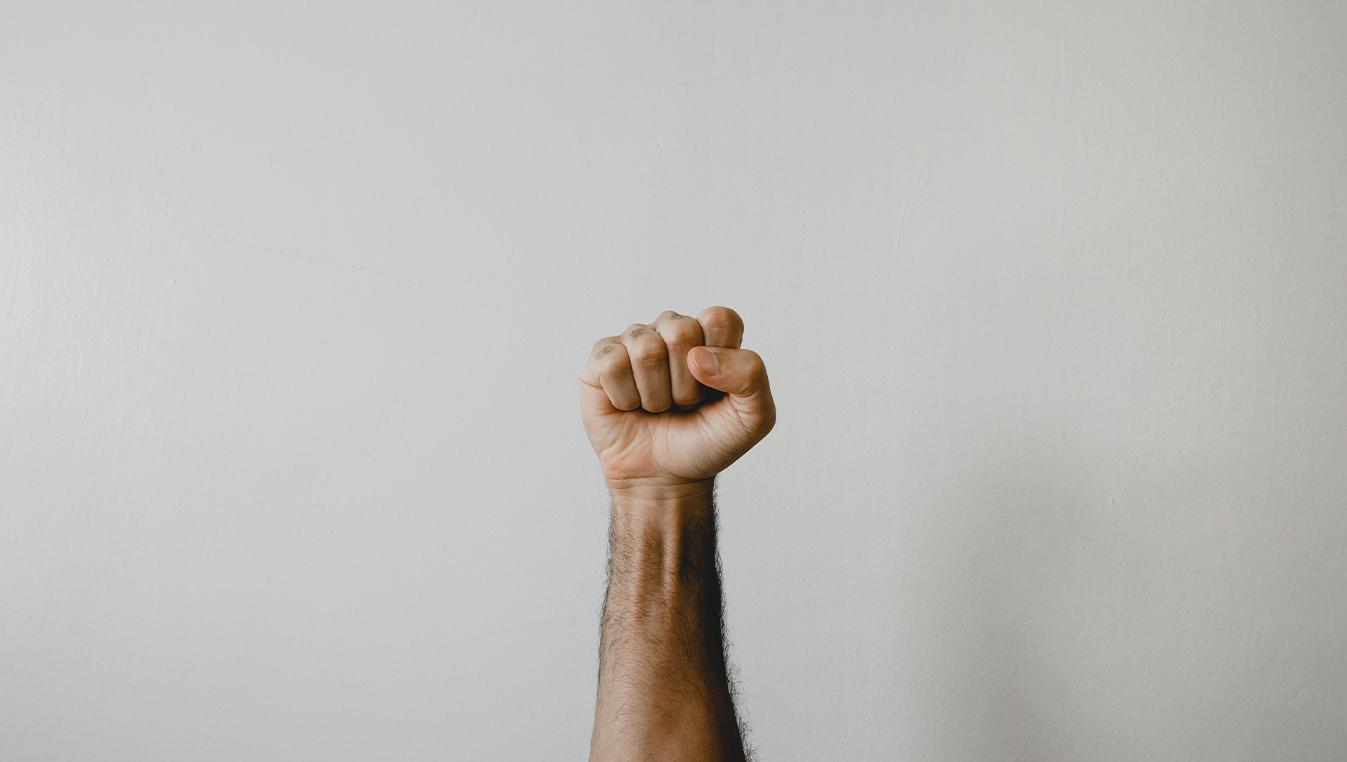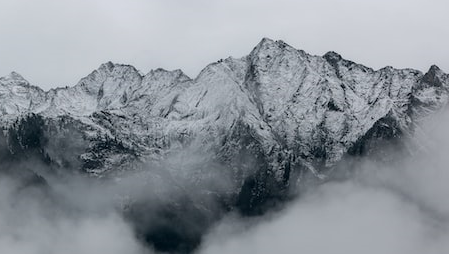India is a vast country with a mind-boggling variety in terms of its people, food, dress, customs, language, social practices and ethos. Though I have been very fortunate to have widely travelled all across the country, I have no hesitation in admitting that my knowledge about this country is not even the tip of the iceberg. All that I have realised as a result of this travelling is that the diversity of our country is overall a matter of strength and not weakness. Those who feel otherwise are mistaken and need to understand the reasons of India’s unity in such diversity.
While one comes across many write-ups, books, lectures, etc., on this subject, the one which gave me maximum conviction and clarity was by Mr Shashi Tharoor, an ex-UN diplomat from India. The occasion was the IITian Meet at Mumbai in December 2006 in which about 5000 delegates participated from various parts of the world. He beautifully explained the diversity of India in respect of all the parameters and also the factors, which bind Indians together. While we may quarrel with each other on several local issues, when it comes to a larger national interest, we show solidarity with each other. This is something which is not easily found elsewhere. While this contention may be a matter of debate among some, the fact cannot be denied that India has survived many crises and not only survived but risen above them. Whether it is a matter of communal riots, natural calamities, accidents or terrorist activities, the nation has, by and large, faced them gracefully. If so, it becomes a matter of contemplation as to what is the underlying strength behind this.
Mr Tharoor tried to explain this very convincingly. He said that in India we are not to seek unity in diversity but the other way round. India is basically one culture or a united nation with a lot of diversity. Our plurality emerges from a single composite culture and therefore unity is our primary nature. What is to be appreciated is the diversity in its unity instead of seeing unity in its diversity. This very fact is the secret of India’s survival through the ages.
The question arises that if such is our underlying strength, why do we look so disjointed in our day to day existence. It has been said that one Indian is equal to ten Japanese but ten Indians are equal to one Japanese. There is sense in this statement. While Indians perform very well individually, collectively we lose our strength. This is perhaps due to the long period of foreign rule in India, as a result of which we seem to have forgotten our strength. All these foreign rules tried to attack our ancient heritage and culture and in the process divided our society. The present state of affairs is a legacy of the same.
India has now completed more than six decades of its independence. This is a long period. We are also marching towards development in many areas and have made our name in the world. Yet there are many gaps and the major one is the lack of patriotism in our people. We still see governance as something alien to us and all our anger is directed towards governmental machinery. This is a losing proposition for all. We must realise now that we are the makers of our destiny and no outside help can do it. And if we are able to realise this fact and act on it, then only the underlying unity of India will prove to be its real strength.














